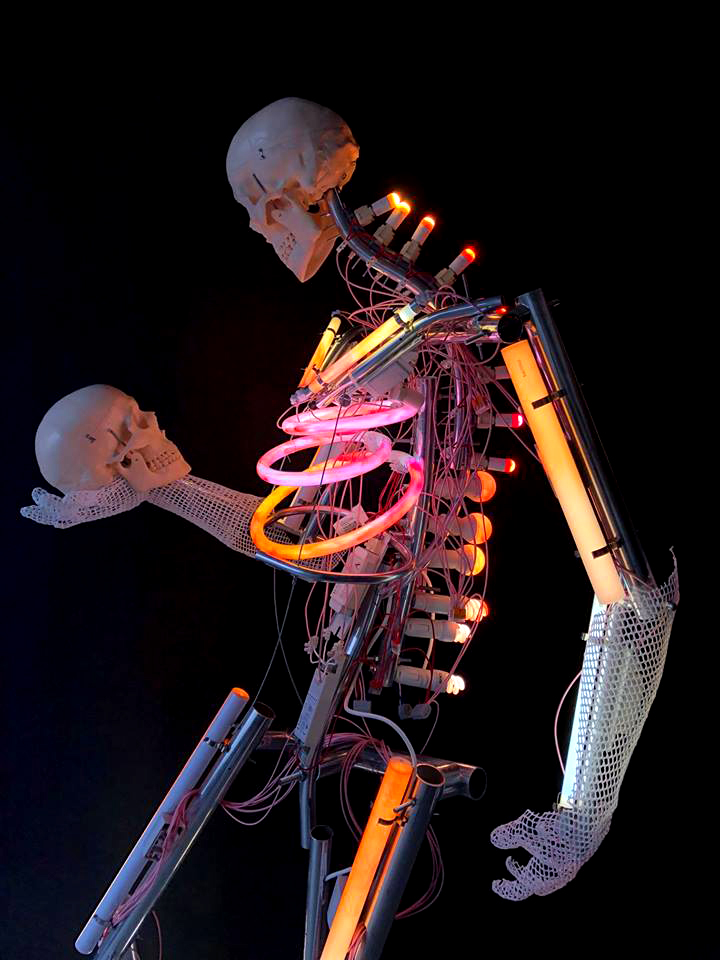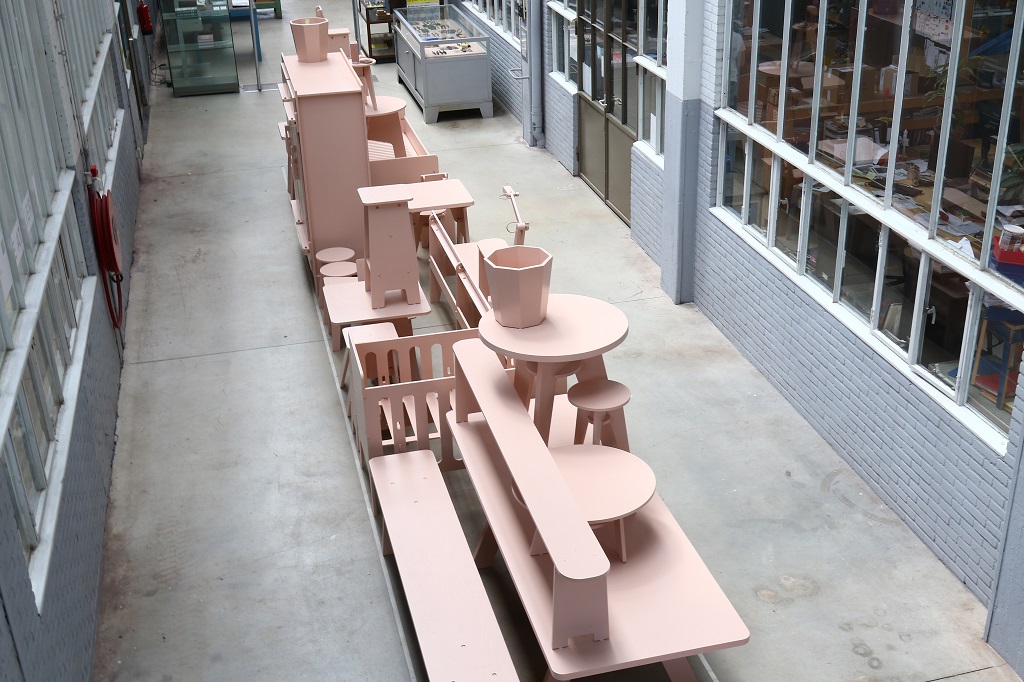Human Behavior
Deal. Run. Hide.
People have wondered about what’s been worse, the pandemic, or the response to it. Bold action was necessary, but it also changed our reality drastically. It deprived us of certain freedoms. And it instilled fear in many – people and industries alike. But what is fear? The effect of it is very real, but is the thing itself real? And could it possibly be something positive? And having had to give up some of our freedom, we also wondered: what is freedom? In true Tchai spirit, we didn’t just ask the questions.
Hello darkness my old friend…
Some of us were lucky enough to live in countries blooming of wealth and prosperity. But even these countries, such as ours, are now affected by fear. We’ve seen this before. The Medieval plague, for example, wasn’t a cakewalk either. Anguish startled us then as it does now. Fear is natural, it’s healthy and essential. It’s partly instinct, partly taught and partly learned. According to Yuval Noah Harari humans are the only “animal that can believe in things that exist purely in its own imagination”. And it’s worth wondering where our fear comes from, and make a distinction between real and imagined threats, as it could motivate our response to the fear.

Fear – friend or foe?
We’ve been wired to respond to fear in three different ways: deal with it (action), run from it (different action), or hide (inaction, which often leads to depression). We could interpret our lockdown in response to the pandemic as running from fear, and hide could follow next.
Fear isn’t a great thing to feel. But it’s not meant to feel great. There is, however, a positive function to feeling fear. It should motivate change. And we actually see this happening! New initiatives and start-ups sprout and bloom everywhere. This time could be our moment to start with a clean slate, to embrace change as a chance for something new. We might safe ourselves from regret.
Finding freedom
The other very real result of the pandemic was the limitations of some of our freedoms, such as the freedom to move around as we please, to congregate as we please, to eat out and socialise.
But what is freedom? In many ways, we’re still absolutely free. From the (somewhat controversial) viewpoint of motivational psychology, freedom is the feeling that we’re driven by reward. Losing freedom is when we’re motivated by punishment (staying home or else we receive a fine).
So how do we deal with this sense of limited freedom? One great way would be to reframe our thoughts on the situation. We’re not magicians. We can’t change the facts, but we can change how we respond to them. For example, we could realise that, because our choices have been limited, our stress about them has been as well. According to Barry Schwartz’s book The Paradox Of Choice, Why More Is Less, there is a paradox in choice, meaning that when we have a great deal of choice, we experience a great deal of anxiety. Many consumers have acknowledged that the lockdown also lifted a certain consumer-stress. It’s all about hitting that sweet point of having just the right amount of choices. As eternal optimists, we would argue that the pandemic gave us that.
If, however, you’re not one to easily see the world through rose-coloured glasses, you could take a page out of Piet Hein Eek’s blog, and simply paint a twenty-year crisis pink.
